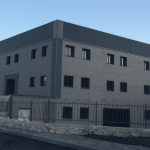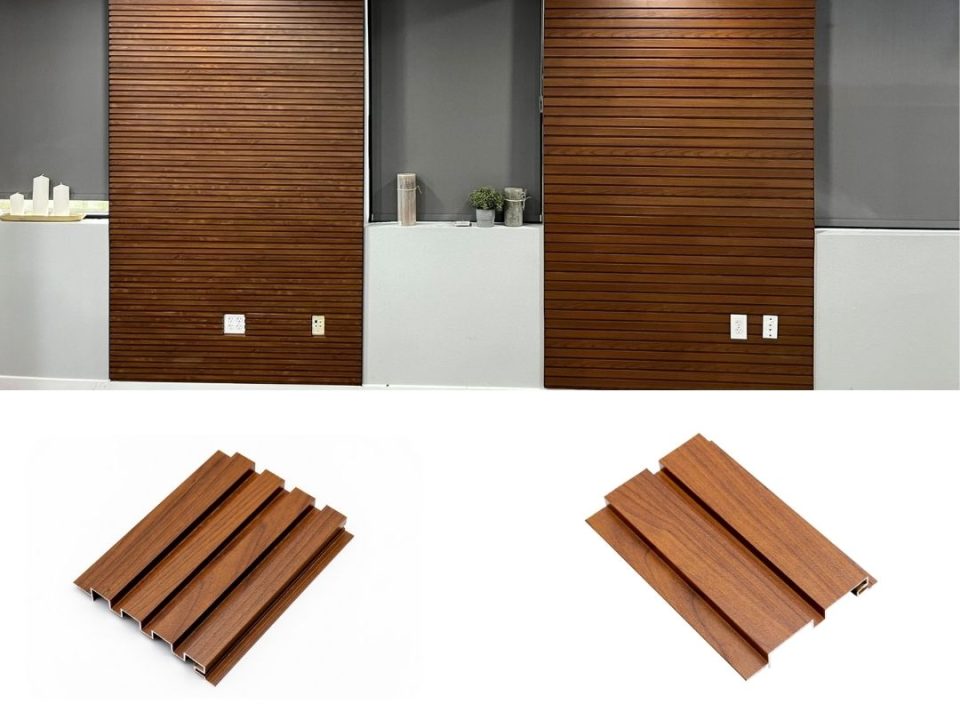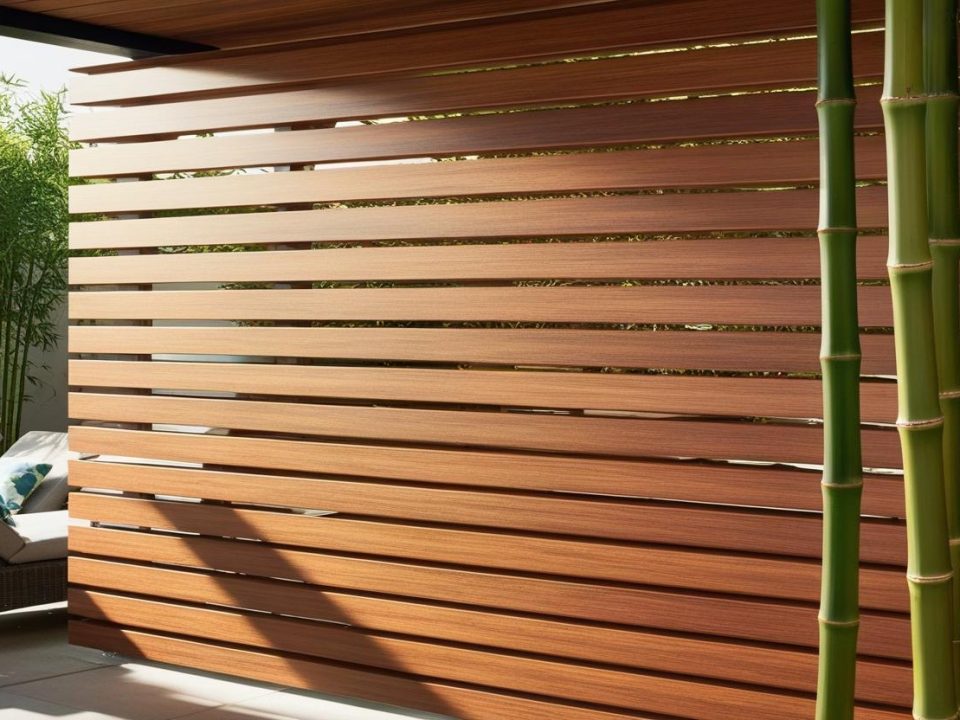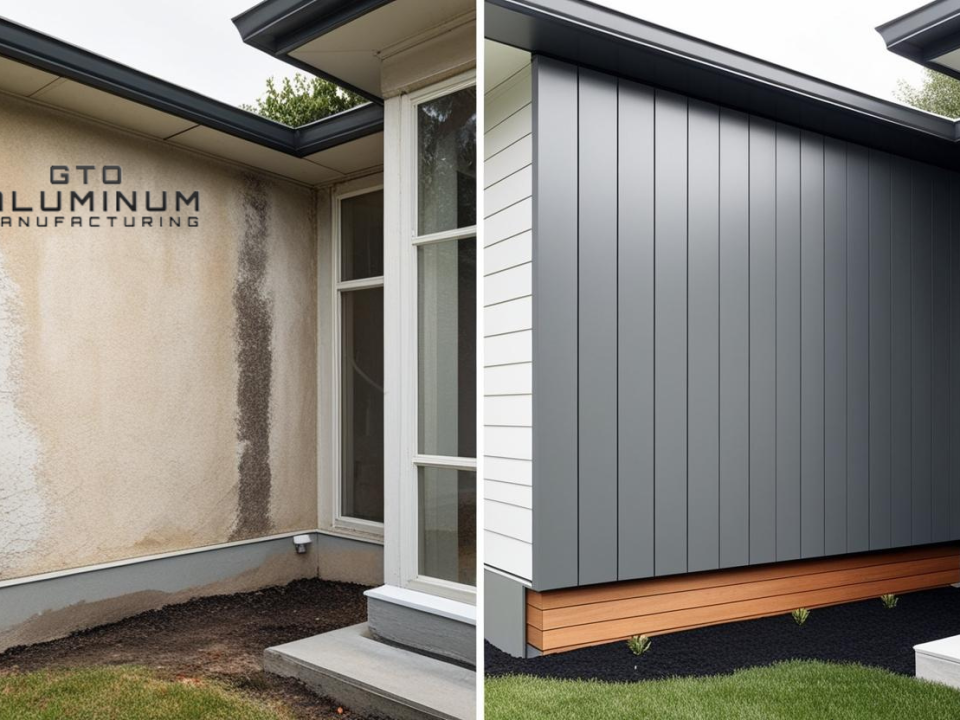
Selecting the Right Cladding for Your Project: A Guide to Materials Including Aluminum, Wood, PVC, and Stone

What is Aluminum Cladding’s Lifespan?

In the world of modern architecture and construction, the choice of materials can significantly impact the longevity, aesthetics, and sustainability of a building.
Among various options, aluminum cladding has emerged as a popular choice for both interior and exterior applications.
But a common question often arises: Will aluminum cladding rust?
This blog aims to explore this query in detail, considering various aspects of aluminum cladding, including its use in aluminum wall panels, aluminum wall panel systems, aluminum metal wall panels, and its applications in interior and exterior settings.
Understanding Aluminum Cladding
Aluminum cladding refers to a layer of aluminum that is applied to the exterior of a building to protect it from the elements. This type of cladding is available in various forms, including aluminum wall panels for interior, exterior aluminum cladding, aluminum composite cladding, and aluminum panels for walls.
The versatility of aluminum makes it suitable for a wide range of architectural designs and styles.
The Science Behind Aluminum and Corrosion
Aluminum, by its very nature, is highly resistant to corrosion. Unlike iron or steel, it does not rust. Rust is specifically the oxidation process that occurs with iron and its alloys. However, aluminum does oxidize, but in a way that is vastly different from rusting. When exposed to oxygen, aluminum forms a protective oxide layer on its surface.
This layer is highly resistant to corrosion and protects the underlying metal. This characteristic makes aluminum cladding an excellent choice for buildings, especially in areas with harsh weather.
Aluminum Cladding in the USA
In the USA, aluminum cladding has been widely adopted due to its durability and aesthetic appeal. From high-rise buildings to residential properties, the use of aluminum metal wall panels and exterior aluminum cladding is prevalent.
The material’s ability to withstand environmental factors like UV rays, rain, and pollution, while maintaining its appearance, is a significant advantage.
Exterior Aluminum Cladding: The Ideal Choice for Outdoor Use
For exterior applications, aluminum cladding offers unparalleled benefits. The robust nature of aluminum composite cladding and exterior aluminum cladding makes them perfect for withstanding the rigors of outdoor environments.
These materials do not succumb to rust, ensuring that the aesthetic appeal of the building’s facade remains intact over the years.
Interior Applications: Aesthetics and Durability
Aluminum wall panels for interior and aluminum panels for walls are increasingly being used in indoor settings for their sleek, modern look and long-lasting nature.
In interior applications, the absence of harsh weather further ensures that aluminum cladding remains free from rust and corrosion, maintaining its pristine condition for years.
Maintenance and Longevity
One of the key benefits of aluminum cladding is its low maintenance requirement. The corrosion-resistant properties of aluminum mean that the cladding does not need frequent painting or treatment to maintain its appearance and integrity. This aspect is particularly beneficial in reducing the long-term maintenance costs for building owners.
Environmental Considerations
In today’s environmentally conscious world, the sustainability of building materials is a critical consideration. Aluminum cladding scores high in this regard. It is recyclable and often made from a significant percentage of recycled material. This aspect reduces the environmental footprint of buildings that utilize aluminum cladding.
Conclusion
In conclusion, aluminum cladding is an excellent choice for both interior and exterior applications. Its inherent resistance to corrosion, coupled with its aesthetic appeal and sustainability, makes it a preferred choice in modern construction, particularly in the USA.
Whether it is aluminum wall panels, aluminum metal wall panels, or aluminum composite cladding, the material offers longevity and durability without the risk of rust.
By choosing aluminum cladding, architects and builders can ensure that their structures not only look stunning but also stand the test of time against the elements.
This exploration into the world of aluminum cladding demonstrates that rust is not a concern with this material, making it a reliable and sustainable choice for modern construction projects.
Whether for aesthetic enhancement or structural protection, aluminum cladding stands out as a versatile and enduring solution.
Contact us for a rust-free cladding solution with GTO Aluminum!




